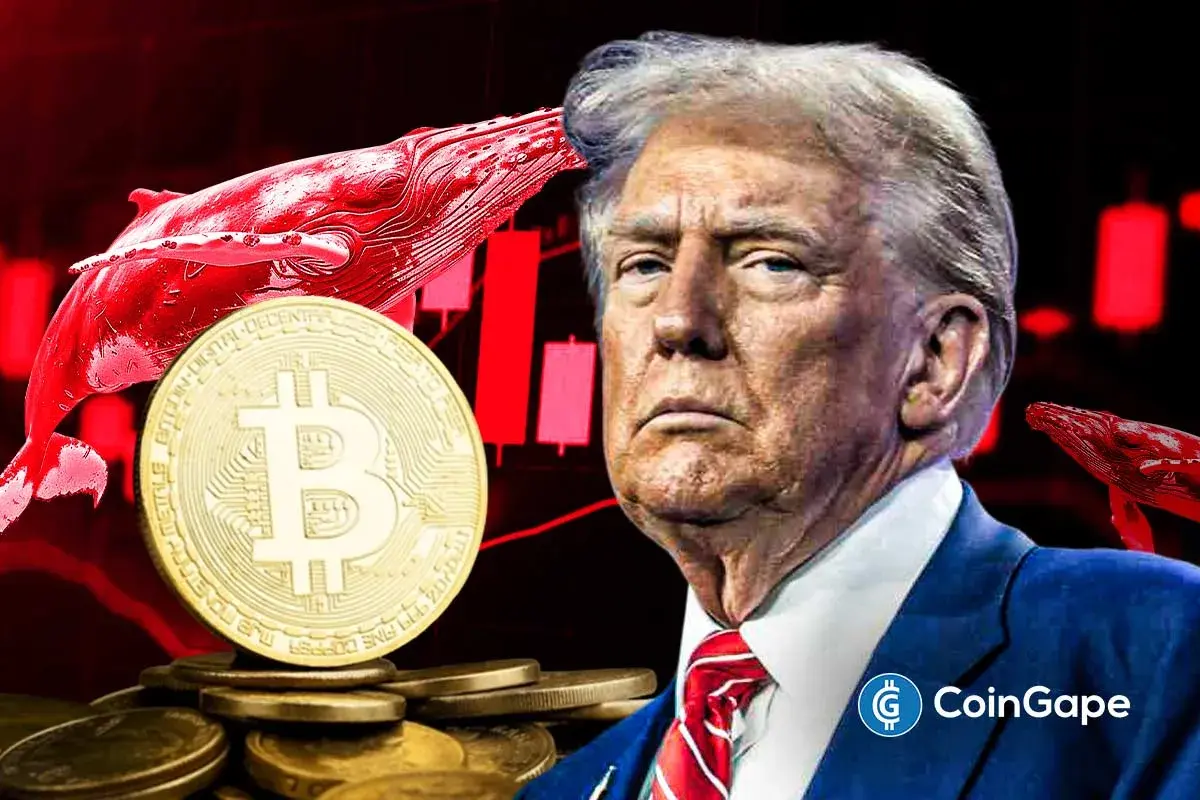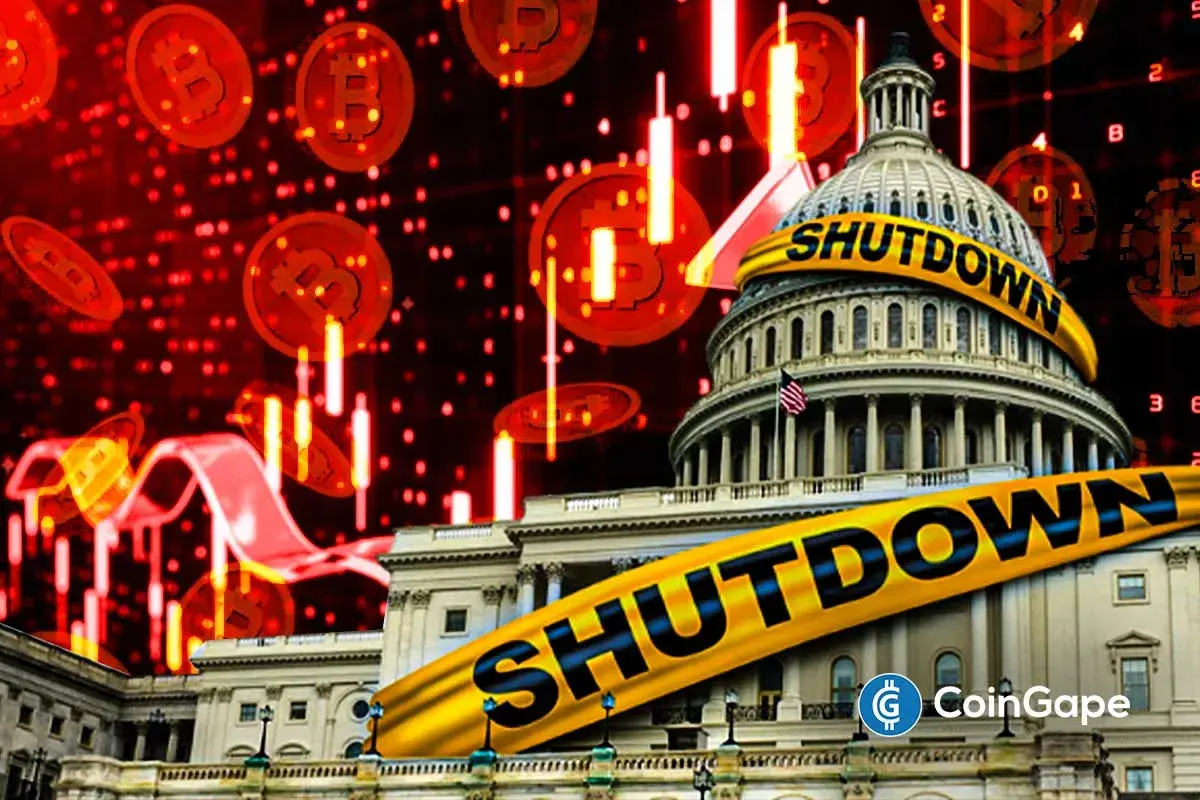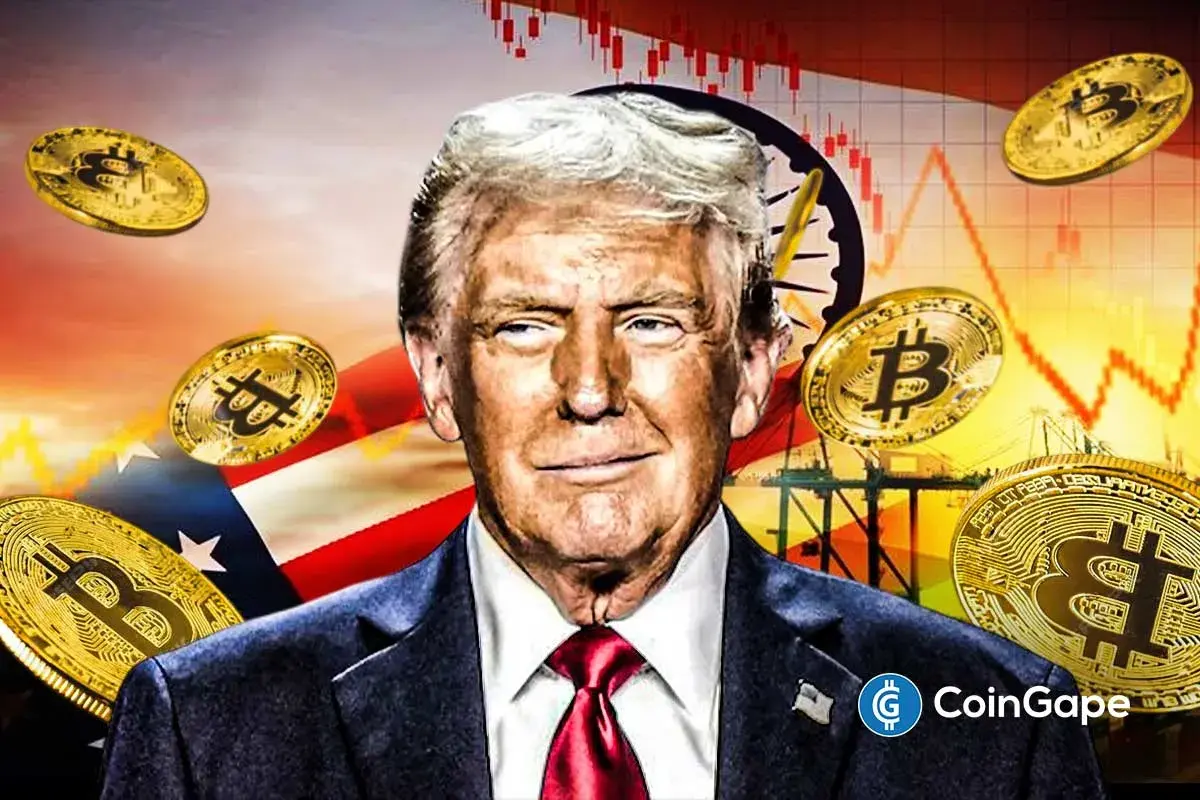Custodia Bank CEO Calls Out FSOC Over Crypto “Concentration Risk” Claim

Highlights
- Caitlin Long has flagged the FSOC over recent crypto statements
- The Custodia Bank CEO pointed out the hypocrisy of bank regulators regarding crypto
- With crucial changes ahead in Trump administration, there are hopes for policy changes
Caitlin Long, the Founder and CEO of Custodia Bank hs flagged a new position by the Financial Stability Oversight Council (FSOC). Taking to the X platform, Long commented directly on a new report from the FSOC regarding the “concentration risks” associated with the crypto industry. According to the report, the regulator noted that stablecoins represents a potential risk to financial stability.
Custodia Bank CEO Flags The Obvious
As part of the claims, the FSOC noted that the stablecoin market has heavy concentration with one firm holding a 70% share of the industry. In addition, the body said stablecoin firms operate outside of the federal prudential framework.
This second point triggered the Custodia Bank CEO. She said the regulators’ anti-crypto dragnet has forced many banks to subtly debank crypto issuers. According to her, this has debanking has forced some stablecoins issuers and crypto firms out of the US market.
Caitlin Long pointed out that the FSOC calling out fewer banks serving the crypto industry is hypocrisy. She also called out the disregard by the FSOC for state regulation of stablecoin issuers.
Here’s a good example of FSOC’s seething contempt for state regulators👇. (Don’t forget all 3 federal bank regulators had multiple opportunities during the Biden/Warren period to bring #crypto into the regulatory perimeter but blocked every one of them. This is their own fault!) pic.twitter.com/CVQMhaBK6C
— Caitlin Long 🔑⚡️🟠 (@CaitlinLong_) December 6, 2024
In her callout of the discrepancies, the Custodia Bank CEO said she looks forward to the first report from the Donald Trump run FSOC.
Operation Chokepoint 2.0 Proof Issued
The conversations around the government crackdown on banks took a new turn with a new evidence from Coinbase Exchange. In the firm’s investigation of the FDIC, Coinbase released letters that shows how the regulator contributed to Operation Chokepoint 2.0.
Meanwhile, the crypto industry’s expectations of the incoming Donald Trump administration is high. He has appointed Scott Bessent to lead the US Treasury Department. This agency that will play a key role in regulating banks.
Amid the industry’s expectations, pro-crypto lawyer John Deaton has called on the incoming administration to probe Operation Chokepoint 2.0. While a direct statement has not been issued yet, President Trump has named David Sacks as the Crypto and AI Czar.
With this role, there might be changes in policies that might favor the crypto firm.
- Will Bitcoin Crash Again as ‘Trump Insider’ Whale Dumps 6,599 BTC
- XRP News: Ripple’s RLUSD Gets Boost as CFTC Expands Approved Tokenized Collateral
- Crypto Markets Brace as Another Partial U.S. Government Shutdown Looms Next Week
- $40B Bitcoin Airdrop Error: Bithumb to Reimburse Customer Losses After BTC Crash To $55k
- ETH Price Fears Major Crash As Trend Research Deposits $1.8B Ethereum to Binance
- Cardano Price Prediction as Midnight Token Soars 15%
- Bitcoin and XRP Price Outlook Ahead of Crypto Market Bill Nearing Key Phase on Feb 10th
- Bitcoin Price Prediction as Funding Rate Tumbles Ahead of $2.1B Options Expiry
- Ethereum Price Outlook as Vitalik Buterin Sells $14 Million Worth of ETH: What’s Next for Ether?
- Solana Price at Risk of Crashing Below $50 as Crypto Fear and Greed Index Plunges to 5
- Pi Network Price Prediction Ahead of PI KYC Validator Reward System Launch
















